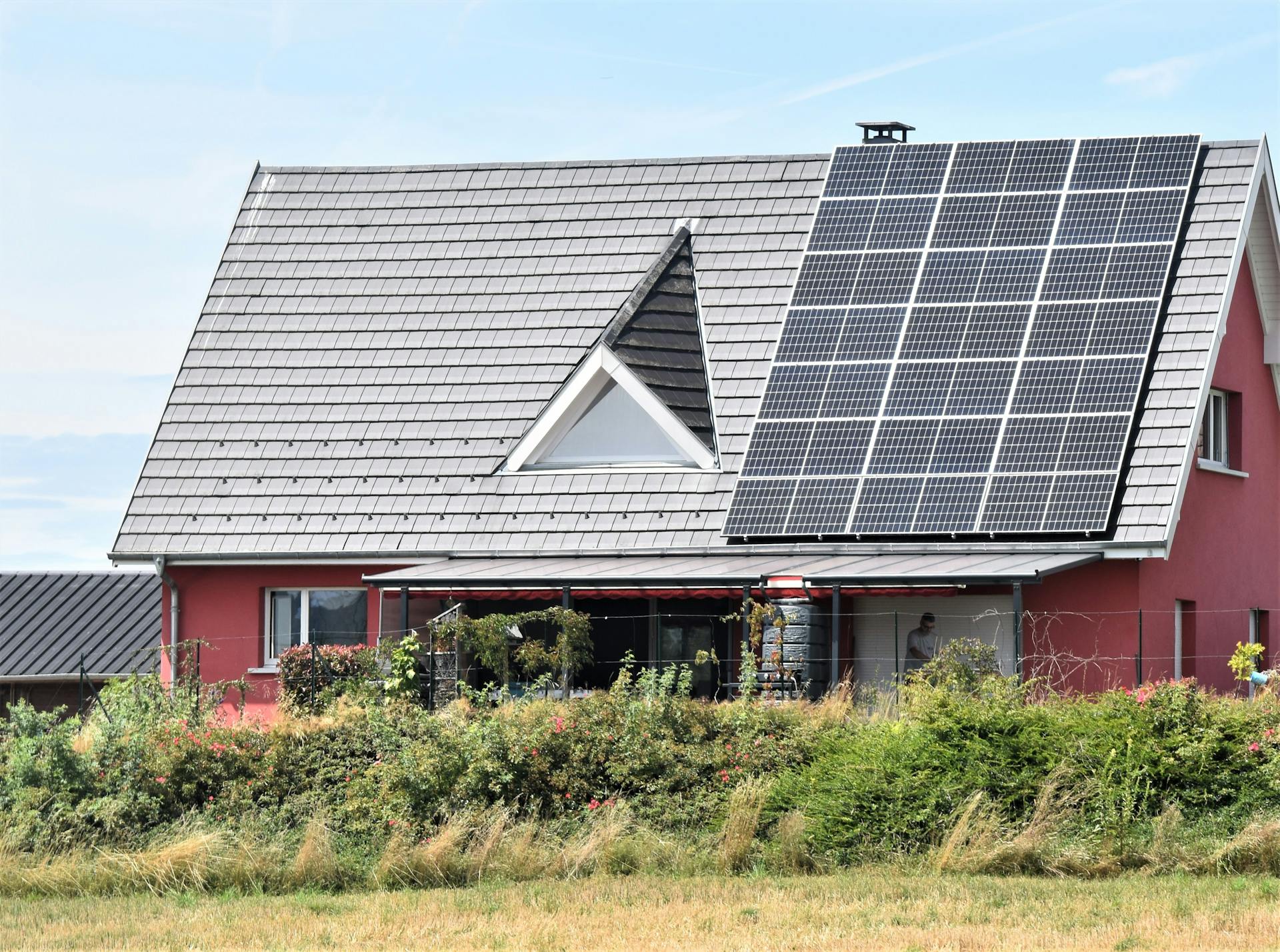

Question: Why do Houses Need to be Energy-Efficient?
Answer: Houses need to be energy-efficient to reduce energy consumption, lower utility bills, minimize environmental impact (carbon emissions), and improve home comfort.
Exploring Energy-Efficient Homes
Energy efficiency is crucial for houses today. It affects homeowner finances, the environment, and the overall value of a property. Understanding the benefits helps in making informed decisions about home improvements and purchases. Houses that prioritize energy efficiency offer significant advantages to their owners and to the community.
Lower Utility Bills
Energy-efficient homes reduce energy consumption. This translates directly into lower monthly utility bills. Efficient appliances, proper insulation, and energy-saving windows all contribute to this reduction. Over time, the savings can be substantial.
Reduced Heating Costs:
Good insulation keeps heat inside during winter.Lower Cooling Costs:
Efficient air conditioners use less electricity.Decreased Water Heating Costs:
Energy-efficient water heaters save money.
Click here for more information on Orangeville realtors
Related Article: Do Air Fryers Use a Lot of Electricity?
Increased Home Value
Buyers value energy-efficient features. Homes with energy-efficient upgrades often sell for more than comparable properties that lack these features. A good energy rating can be a significant selling point.
Higher Appraisal Value:
Energy-efficient features increase appraisal value.Attract More Buyers:
Energy efficiency attracts environmentally conscious buyers.Faster Sales:
Energy-efficient homes often sell more quickly.
Government Incentives and Rebates
The government offers incentives and rebates for energy-efficient home improvements. These programs aim to encourage homeowners to invest in energy-saving upgrades. Check for available programs before starting any renovations.
Tax Credits:
Certain upgrades may qualify for tax credits.Rebates:
Receive money back for installing energy-efficient equipment.Grant Programs:
Some programs offer grants for specific energy-saving projects.
Improved Comfort
Energy-efficient homes are often more comfortable. Proper insulation and efficient windows keep temperatures consistent throughout the house. This eliminates drafts and cold spots, making the home more enjoyable to live in.
Consistent Temperatures:
No more cold spots in the winter.Better Air Quality:
Proper ventilation improves indoor air quality.Reduced Noise:
Energy-efficient windows reduce outside noise.
Regulations and Building Codes
Building codes in Ontario are becoming more stringent regarding energy efficiency. New homes must meet certain standards for insulation, window efficiency, and other energy-related features. Staying compliant with these regulations is essential when building or renovating.
Mandatory Insulation Levels:
Building codes specify minimum insulation levels.Window Efficiency Standards:
Windows must meet energy efficiency standards.Energy Audits:
May be required for new construction or renovations.
Conclusion
Houses need to be energy-efficient for many reasons. These include reduced utility bills, environmental protection, increased home value, government incentives, improved comfort, and compliance with building regulations. Investing in energy efficiency is a wise decision that benefits both homeowners and the environment. By understanding the advantages, homeowners can make informed choices to create a more sustainable and valuable living space.


